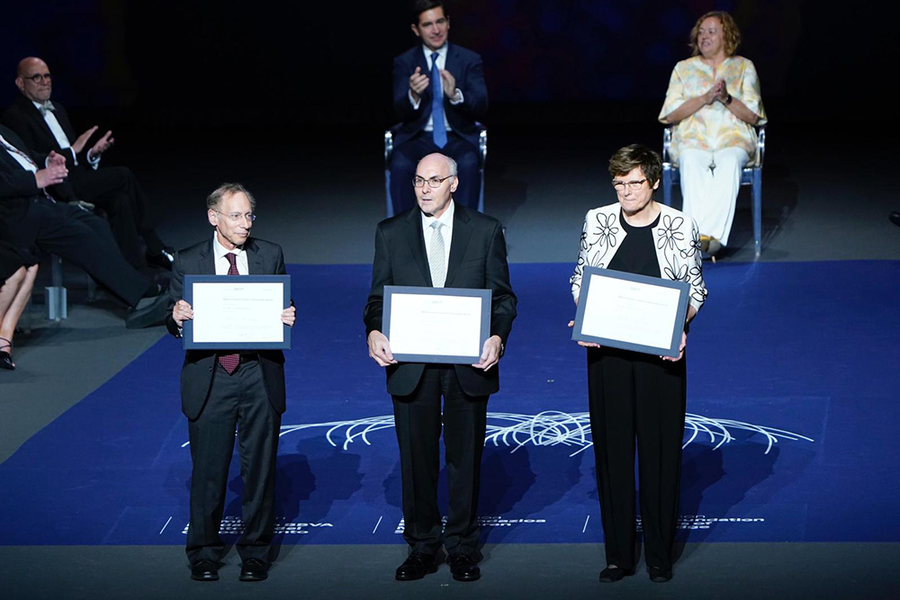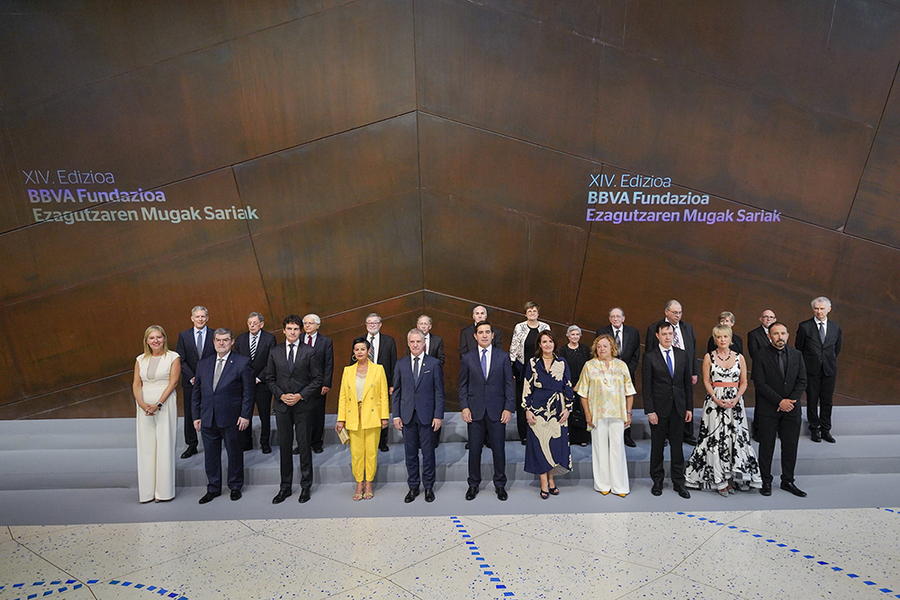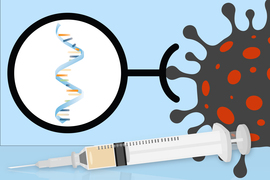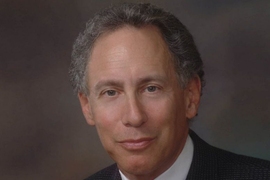Robert Langer, the David H. Koch (1962) Institute Professor at MIT, received yesterday the 2022 BBVA Foundation Frontiers of Knowledge Award in Biology and Biomedicine in recognition of his contributions to messenger (mRNA) therapeutics and delivery technology, which enabled the rapid development of SARS-CoV-2 vaccines.
Langer shares the award with Katalin Karikó and Drew Weissman, both of the University of Pennsylvania. Karikó and Weissman discovered how to modify mRNA molecules so that they could be used as a therapeutic agent, while Langer developed the first approaches of nanoparticle encapsulation that allows mRNA to be introduced into the body.
In 1976, Langer published the first demonstration that micro- or nanoparticles can be used to encapsulate nucleic acids (such as DNA or RNA) and deliver them to the body. Although viewed with skepticism after the initial publication, the technology has proven critical for the development of mRNA vaccines and many other therapies. Without the protective packaging that these particles provide, mRNA — like many other large molecule-based therapies — can be destroyed by the body.
“Before 1976, a lot people didn't think this technology was possible,” says Langer, a faculty member at the Koch Institute for Integrative Cancer Research and the Department of Chemical Engineering. “Even after the result was published, many people still told me it was wrong — they didn't believe it. My first nine grants were rejected and no engineering department in the world would hire me for an assistant professor position.”
Over the decades, Langer and many other researchers have advanced micro- and nanotechnology for a wide variety of therapeutic applications, including cancer, diabetes, cardiovascular diseases, mental illnesses such as schizophrenia and opioid addiction, and pain relief. Now, Langer is one of the most cited scientists worldwide (his h-index is 301, one of the highest of any author in history), and co-founder of a number of companies, including Moderna, which developed of one of the mRNA vaccines.
Langer received the award in a ceremony hosted by the BBVA Foundation in Bilbao, Spain, and shares the 400,000-euro prize with Karikó and Weissman.
The BBVA Foundation promotes knowledge based on research and artistic and cultural creation, focusing in five strategic areas: environment, biomedicine and health, economy and society, basic sciences and technology, and culture. The Frontiers of Knowledge Awards, spanning eight prize categories, recognize world-class research and cultural creation, prizing contributions of broad impact for their originality and theoretical significance.
Since 2009, the BBVA has given awards to more than a dozen MIT faculty members, as well as to the Abdul Latif Jameel Poverty Action Lab (J-PAL) at MIT for development cooperation.










